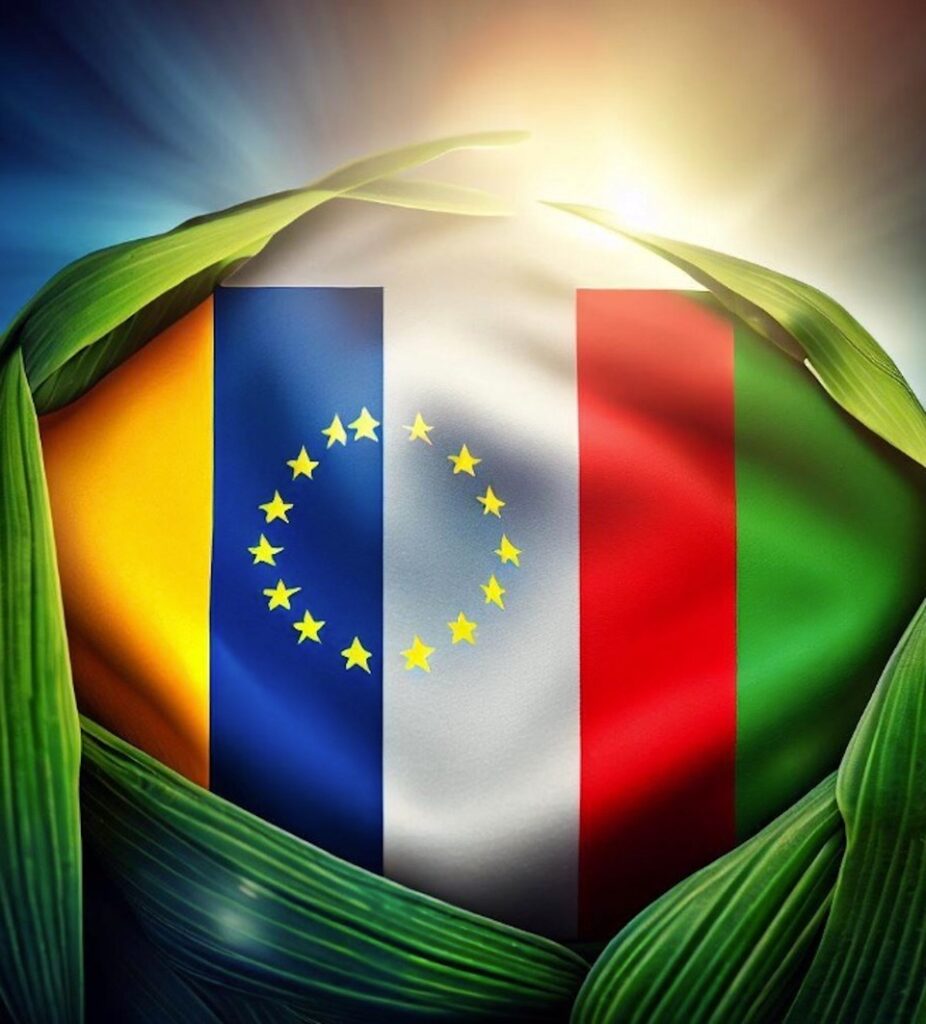Αgreement between Germany, France, and Italy
The pandemic has taught us: ecological transition requires rethinking supply chains from the bottom up. This rethinking includes, among other things, the need to recover raw materials such as lithium, nickel, gallium and more alternatively. However, the political crises of recent years that have also affected Europe have shown the need to network to find environmentally friendly ways out.
Therefore, Germany, Italy and France have decided to intensify their collaboration in this very sector. A few days ago, the German Minister of Economics and Climate Action, Robert Habeck, met the Ministers of Economics and Industry of Italy and France, Adolfo Urso and Bruno Le Maire, in Berlin. During the summit, which industry representatives also attended, there was a discussion on the prospects and possible solutions for achieving the security of the supply of raw materials.
EU challenges
Ministers discussed future challenges and agreed to coordinate proposals in international fora such as the G7 working groups and to agree on common positions on the EU’s critical raw materials law for further negotiations in Europe. In particular, due to the summit, the three countries commit to set extraction, processing and recycling targets for critical raw materials. To strengthen measures to promote the reuse and recycling of Strategic Raw Materials (SRMs)/Critical Raw Materials (CRMs) in Europe and to implement well-specified environmental, social and governance (ESG) criteria, as well as the extension of the CRM/SRM lists, in particular, to include aluminium.
Among the ideas in the field are the implementation of shared stocks and joint purchasing. Minister Adolfo Urso commented: “With the Berlin meeting, a new phase in the definition of European industrial policy begins. Italy, Germany, and France represent a significant part of the Union’s economy and have shared value chains in many sectors. We represent one of the great global economic drivers. Together, with our values, we can determine the future of the common European home”.
To secure the entire value chain, collaboration between the three countries will be intensified at the format level, sharing data and support criteria for joint investments in strategic projects. In addition, a working group will be created to monitor these initiatives and ensure their proper implementation.

Europe united for the future
By 2030, the Ministry of Business and Enterprise estimates, Europe will need 18 times more lithium and five times more cobalt. This is why Urso intends to exploit the country’s resources: “We have immense reserves of cobalt, titanium, we also have lithium, manganese. There are 16 of the 34 critical raw materials in our subsoil”. The three countries aim to jointly set extraction, processing and recycling targets for strategic raw materials and choose measures to promote their reuse and recycling.
“We do not want to go from subordination to energy from Russia, to subordination to the critical raw materials that China provides us with,” Urso noted. For the Frenchman Le Maire, the meeting “will provide an opportunity for discussions between governments” with the prospect of “shared stocks and joint purchasing”. The aim is “to increase the independence of the chains’ because ‘some components come from other countries for even 90 and 100 per cent”. The German Habeck wants “a more independent Europe for extraction with high ecological standards”. After the first meeting, another will follow in Rome on digital technologies and a third in France on green technologies.



